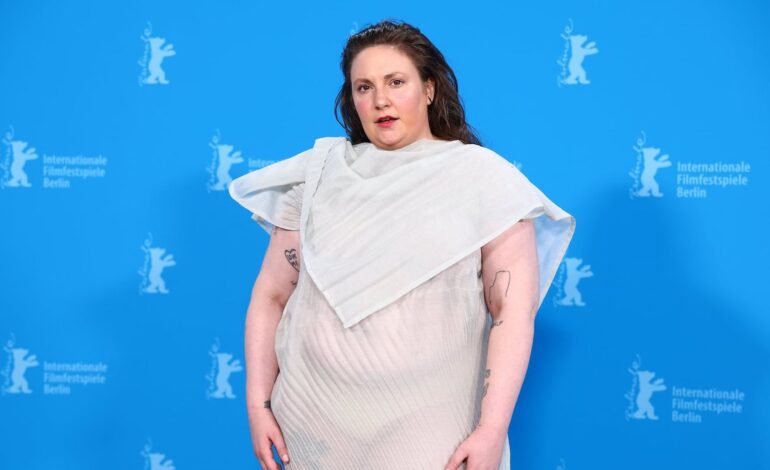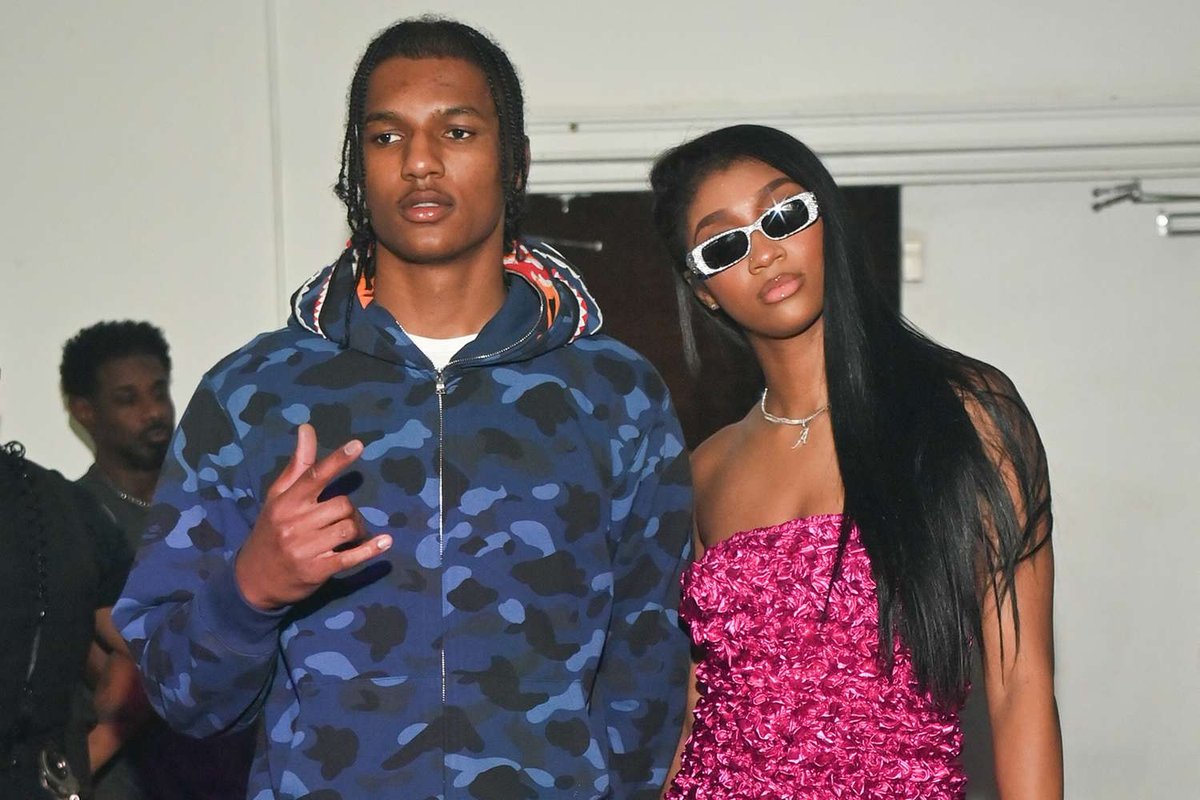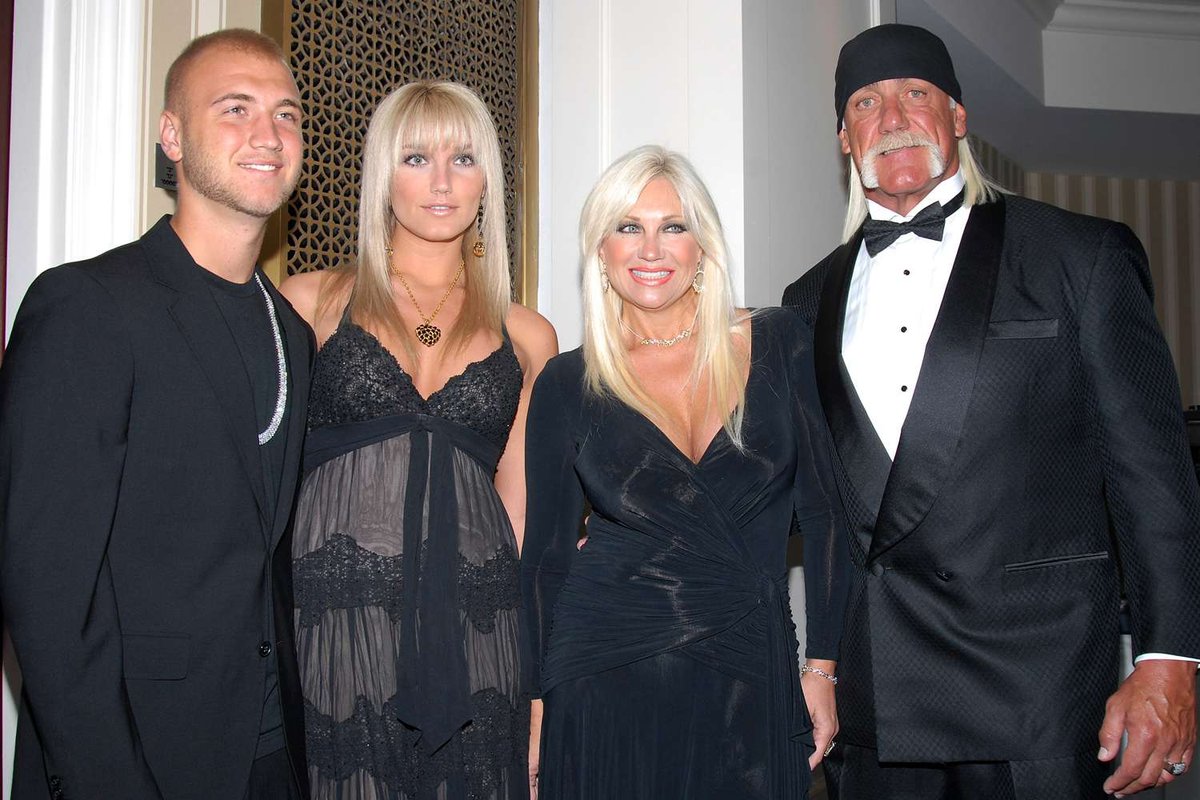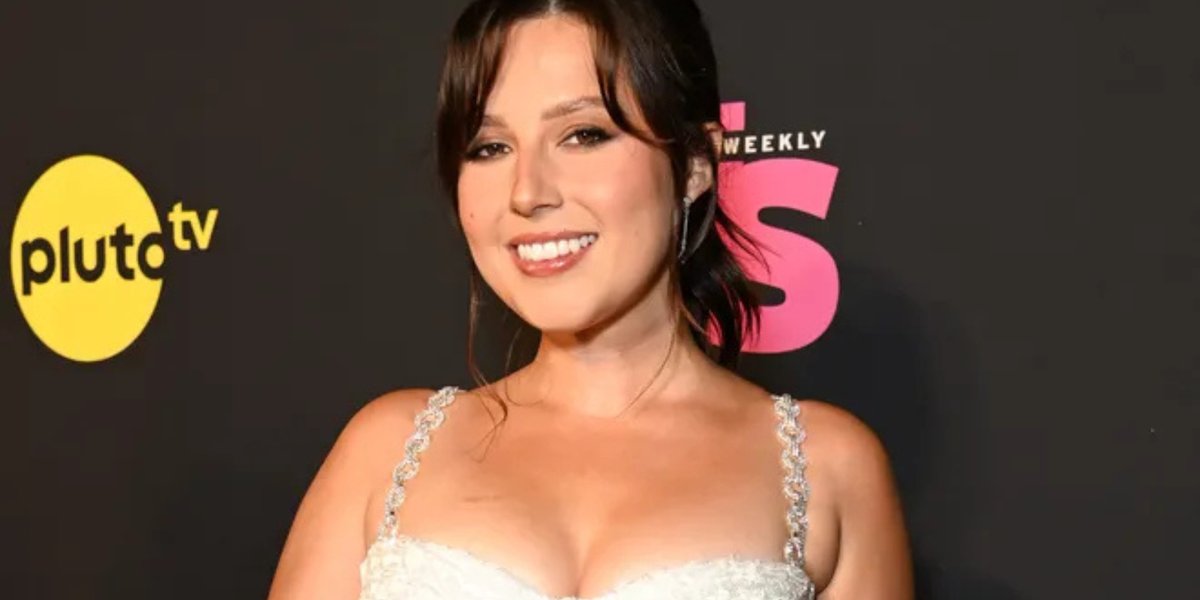Why Lena Dunham Is Finally Addressing the ‘Girls’ Diversity Backlash

Low-key, it wasn’t the sex scenes that got everyone talking this time—it was who wasn’t on screen. Lena Dunham has stepped into the ring to tackle the long-standing gripe about the all-white cohort in HBO’s smash hit Girls, and she isn’t pulling punches. Last week, a fresh wave of critiques surfaced across social feeds and entertainment outlets like Variety and The Hollywood Reporter, demanding accountability for the series’ homogeneous cast. Critics pointed out that the show’s Manhattan milieu could have easily accommodated more people of color, and Dunham’s silence only fueled the fire.
Dunham broke her silence in an exclusive chat with Variety at a recent festival panel, acknowledging that while Girls aimed to depict her own twenty-something experience, it did fall short in representing the city’s full tapestry. “I hear you,” she admitted, according to the transcript. “In hindsight, I wish we’d leaned into broader perspectives.” Industry veteran Ava DuVernay’s tweetstorm earlier this month (cited on The Hollywood Reporter) had set the stage, calling Girls a “narrow snapshot” of New York life. Dunham’s response, though brief, signals a rare moment of creative reflection.
Beyond public apologies, Dunham’s next move appears strategic. An insider told Page Six that she’s exploring a new project curated with diversity front and center, and that she’s consulting with writers of various backgrounds. This pivot aligns with a recent pledge from HBO to greenlight more inclusive writer rooms, as reported by Deadline. The network’s initiative to bring on emerging voices of color suggests that Dunham won’t be the only one taking notes on this lesson.
Sociologist Dr. Henry Jenkins weighed in for People, calling the conversation “long overdue” and noting that shows anchored in specific experiences can still embrace a multicultural cast without sacrificing authenticity. That perspective echoes Dunham’s own admission that authenticity doesn’t require exclusion; it demands amplification of every shade in the narrative palette.
Anyway, that’s the scene. Dunham’s openness marks a turning point—not just for her but potentially for every creator repeating this casting misstep. Keep your notifications on, because if she follows through on this promise, the next chapter could rewrite what we thought we knew about indie TV credibility. Stay tuned. If this turns into a trend, don’t say you weren’t warned.
Sources: Celebrity Storm and Variety, The Hollywood Reporter, Page Six, People Magazine, Deadline
Attribution: Creative Commons Licensed




